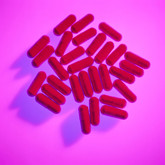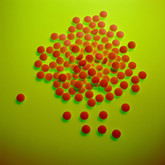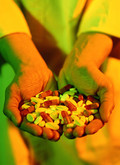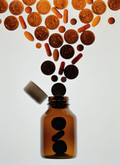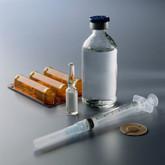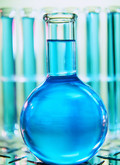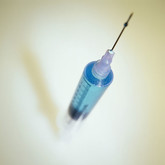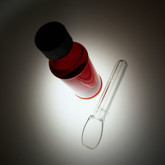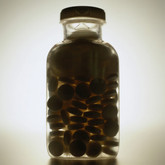Biosimilars
Biocon announces Malaysia manufacturing plant
Biocon, a global biopharmaceutical company with high-tech manufacturing and research arms, announced in September 2011 ‘project commencement for its first high-end biopharmaceutical manufacturing and R & D facility in Bio-XCell, Malaysia’ [1]. Malaysia, epitomised by the Bio-XCell biotechnology park, is considered ‘an ideal location to manufacture generics’ by industry analysts Frost & Sullivan.
Cheap biosimilars to come from India and China
On 19-20 September 2011, the United Nations (UN) held a High-Level Meeting to develop a global strategy to fight non-communicable diseases, ‘principally cardiovascular diseases, cancers, chronic respiratory diseases and diabetes.’ It is only the second global health issue that the UN General Assembly has deemed urgent enough to call a meeting to discuss. Such diseases cause approximately two-thirds of all deaths.
Biotech pipeline and biosimilars
There are more than 200 new biotechnology products in the pipeline (phase II to registered), all of which could be future targets for biosimilars. However, around 60% of these products concern mechanisms of action that are already available, see Figure 1 [1].
A snapshot of interesting new approvals by FDA
New approvals by FDA look set reach record levels in 2011. Some noteworthy drugs already approved in 2011 are discussed below.
Biosimilars or biobetters–what does the future hold
Biosuperiors or biobetters are improvements to originator biological molecules, whereas biosimilars are structural imitations of the originator. But how will the pharma industry choose to pursue this lucrative market and benefit from patent expirations on biologicals? Will biobetters or biosimilars be the winners?
Biobetter of trastuzumab on the horizon
TrasGEX, which is currently under development by German biopharma company Glycotope, is shaping up to be an improved version (or biobetter) of Roche’s blockbuster cancer drug Herceptin (trastuzumab). Trastuzumab targets the HER2 receptor, commonly overexpressed in a variety of cancers, such as HER2-positive breast and stomach cancer.
EMA plans to revise biosimilar guidelines
EMA announced on 3 October 2011 that it has published a concept paper asking for comments on topics to be included in a potential revision of the agency’s 2006 biosimilar guideline, which covers non-clinical and clinical development of biosimilars. The paper will be released for a 3-month consultation period.
Biosimilar user fee levels and performance goals for the FDA
FDA and representatives from the drug industry negotiating a user fee for biosimilars have tentatively set performance goals and biosimilar user fee levels, creating a separate review programme for biosimilars.
How profitable will biosimilars be
The profitability of biosimilars remains an open question. Five years after launch it is thought that most biosimilars markets will look similar to generics markets (70% penetration, 25% of brand-name drug price) but also that a ‘brand-like’ market with lower price attrition and market share is possible [1].
FDA new drug approvals up in 2011: 900 biotech drugs in development
FDA had already approved 26 new drugs by the end of August 2011 compared to only 21 approved in 2010. Of note were six cancer drugs and two ground-breaking drugs for hepatitis C. The current year looks likely set a record for recent years for new drug approvals, which may total 35–40 by the end of 2011. After a slow start in the first two months with three new drug approvals and nine rejections in January and February 2011, FDA approved four new drugs, two of which were monoclonal antibodies, in March and five in April. Of the 11 new drugs approved in the first four months, only three biologicals were approved.
